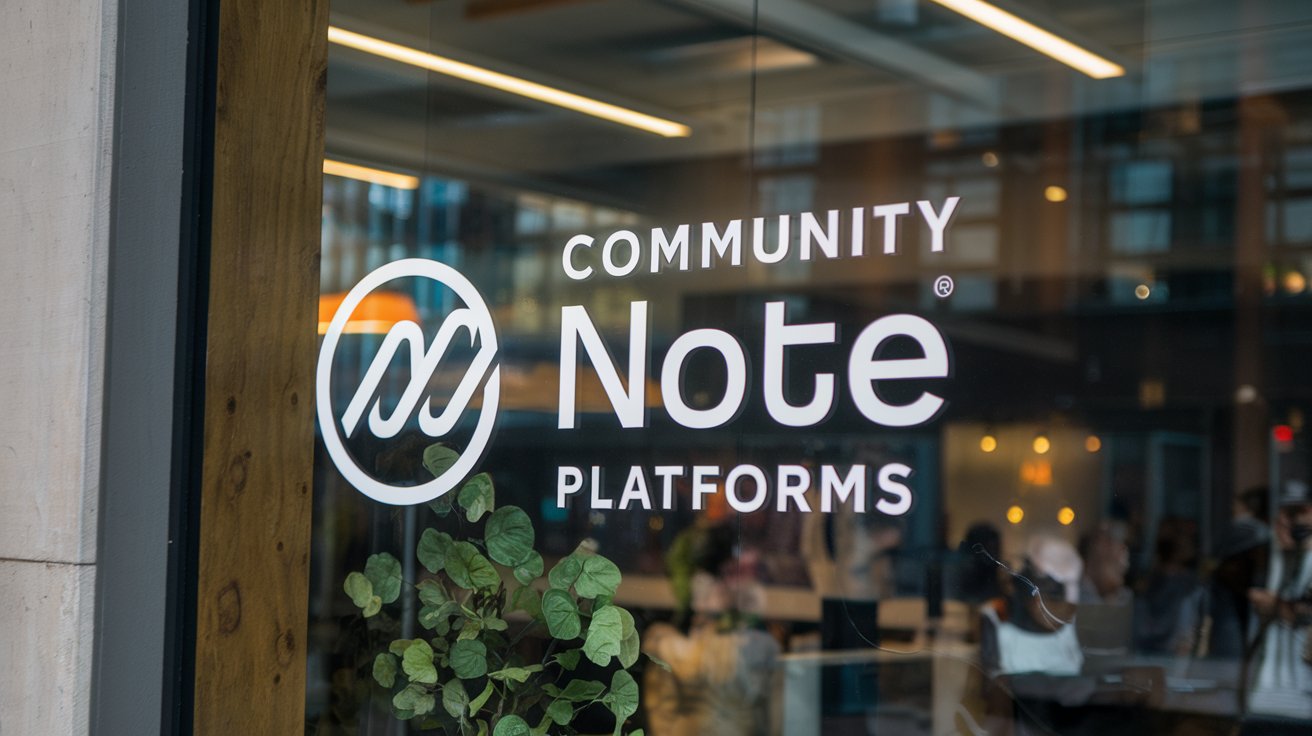Meta Platforms Ends Fact-Checking Program Ahead of Policy Shifts: In a groundbreaking move, Meta Platforms, the parent company of Facebook and Instagram, has officially ended its third-party fact-checking program in the United States. This decision, unveiled by CEO Mark Zuckerberg, signals a significant policy shift as the company pivots towards a community-driven approach to content moderation.
Introducing Community Notes: A New Era of Content Oversight
Meta’s new strategy centers on “Community Notes,” a feature designed to empower users to collaboratively add context to potentially misleading posts. By embracing this community-based model, Meta aims to democratize content oversight, allowing users to actively participate in maintaining the integrity of information on its platforms. This approach mirrors a similar initiative by X (formerly Twitter), which utilizes user-generated annotations to counter misinformation.
Mark Zuckerberg highlighted the motivations behind this shift, stating, “Our goal is to reduce errors, simplify policies, and promote free expression across our platforms. By involving the community, we can strike a balance between oversight and open dialogue.”

Relaxation of Content Moderation Policies
In tandem with the introduction of Community Notes, Meta is relaxing some of its content moderation policies. The most controversial change includes permitting discussions that frame LGBTQ+ identities as mental illnesses. This decision, which aims to accommodate a broader range of political and religious discourse, has sparked considerable backlash from advocacy groups and internal employees alike. Critics argue that such leniency risks amplifying hate speech and misinformation.
Political Context: Aligning with New Administration Priorities
This policy overhaul coincides with the inauguration of President-elect Donald Trump, whose administration has championed free speech and expressed concerns about perceived biases on social media platforms. By adopting a less restrictive approach, Meta appears to align itself with the political climate, addressing longstanding criticism from conservative voices about alleged liberal censorship.
Reactions from Fact-Checking Organizations and Advocacy Groups
Meta’s decision to discontinue its partnerships with independent fact-checking organizations has drawn sharp criticism. Angie Drobnic Holan, director of the International Fact-Checking Network, warned, “This move undermines efforts to combat misinformation, making it increasingly difficult for users to discern credible information.”
Advocacy groups have also raised alarms about the potential consequences of these changes, particularly the risk of legitimizing harmful narratives under the guise of free expression.
Implications for Users and the Future of Information Integrity
The transition to a community-driven moderation system presents both opportunities and challenges. Proponents argue that this model democratizes content oversight, giving users a voice in maintaining platform integrity. However, critics caution that the reliance on user-generated notes could lead to inconsistent enforcement and the spread of false information.
As Meta navigates this shift, the effectiveness of its new policies will likely shape the future of content moderation across social media. Will Community Notes succeed in fostering a more transparent and balanced online environment, or will it open the floodgates to unchecked misinformation?
The Road Ahead for Meta
This policy shift underscores Meta’s commitment to redefining its role in the digital information landscape. While the success of Community Notes remains uncertain, one thing is clear: Meta’s decision marks a pivotal moment in the ongoing debate over free expression and content moderation in the digital age.
For users, advocacy groups, and policymakers alike, the coming months will serve as a critical litmus test for the viability of community-driven oversight and its implications for the integrity of online discourse. [USnewsSphere.com]





